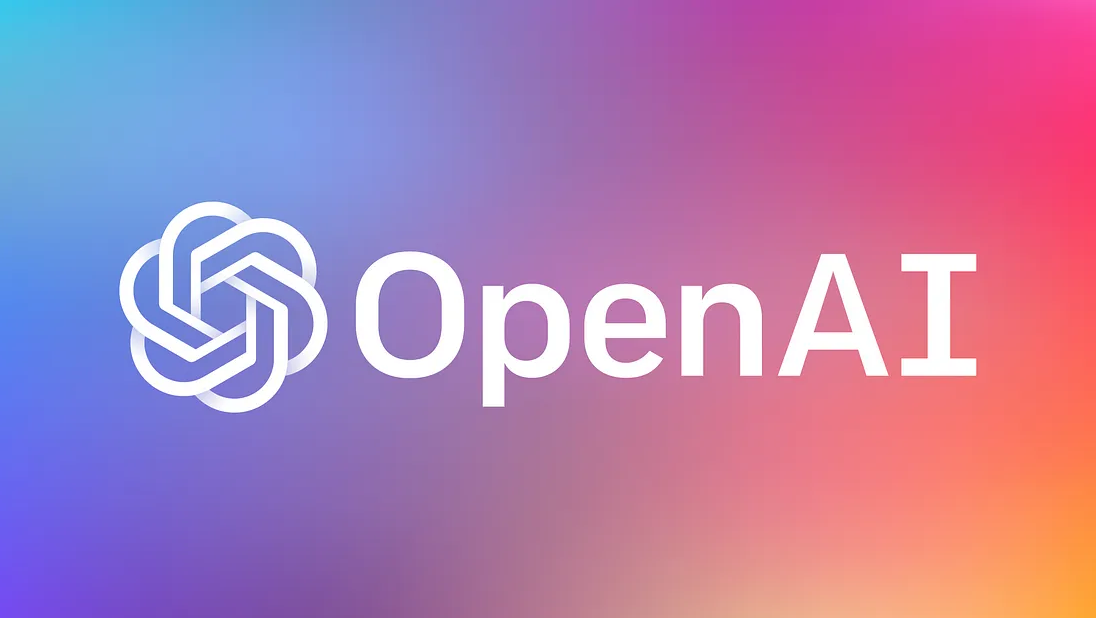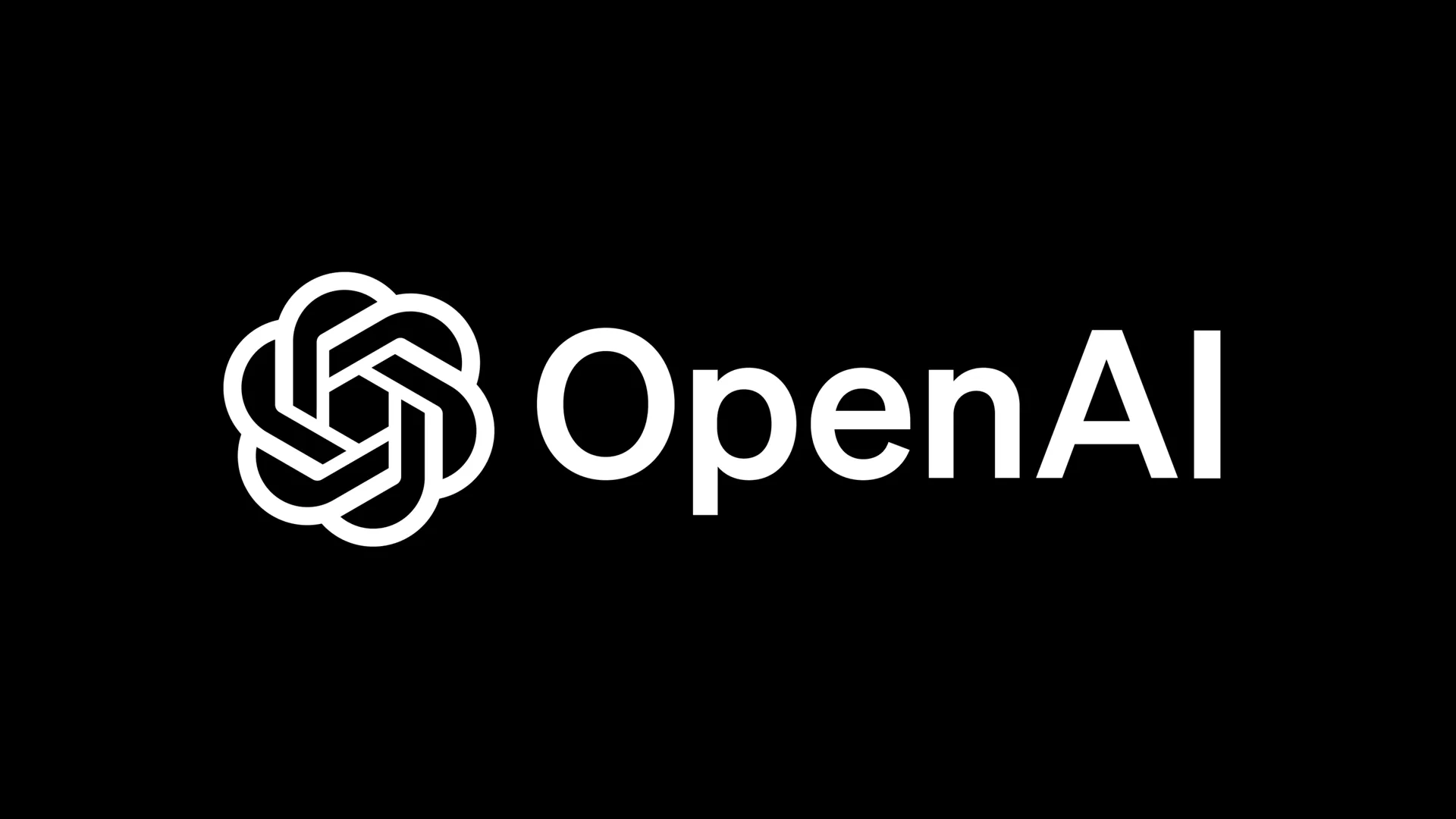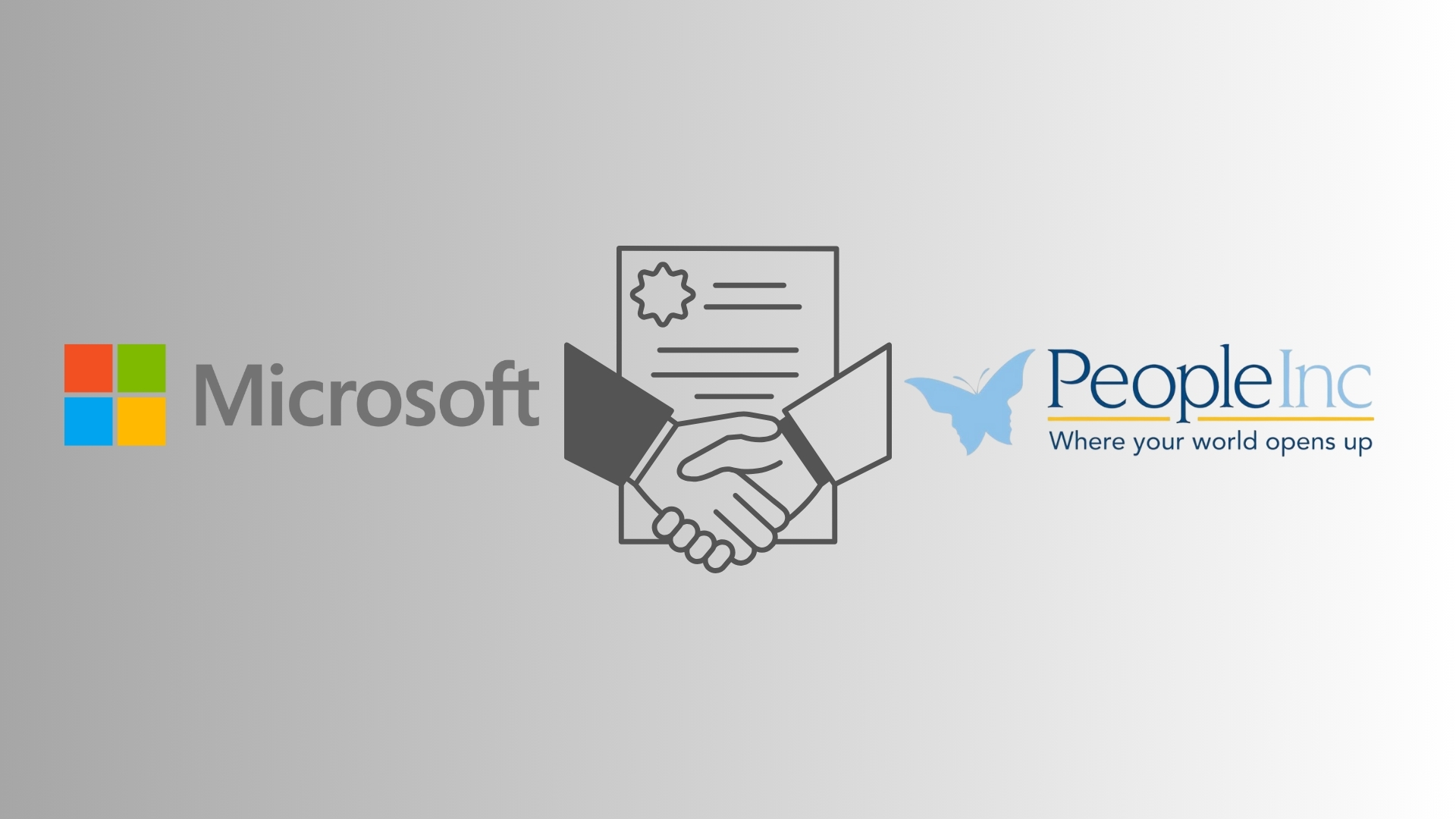OpenAI has identified prompt injection as one of the most pressing new challenges in AI security. As AI systems gain the ability to browse the web, handle personal data and act on users’ behalf, they become targets for malicious instructions hidden within online content.
These attacks, known as prompt injections, can trick AI models into taking unintended actions or revealing sensitive information.
To counter the issue, OpenAI has adopted a multi-layered defence strategy that combines safety training, automated monitoring and system-level security protections. The company’s research into ‘Instruction Hierarchy’ aims to help models distinguish between trusted and untrusted commands.
Continuous red-teaming and automated detection systems further strengthen resilience against evolving threats.
OpenAI also provides users with greater control, featuring built-in safeguards such as approval prompts before sensitive actions, sandboxing for code execution, and ‘Watch Mode’ when operating on financial or confidential sites.
These measures ensure that users remain aware of what actions AI agents perform on their behalf.
While prompt injection remains a developing risk, OpenAI expects adversaries to devote significant resources to exploiting it. The company continues to invest in research and transparency, aiming to make AI systems as secure and trustworthy as a cautious, well-informed human colleague.
Would you like to learn more about AI, tech and digital diplomacy? If so, ask our Diplo chatbot!








